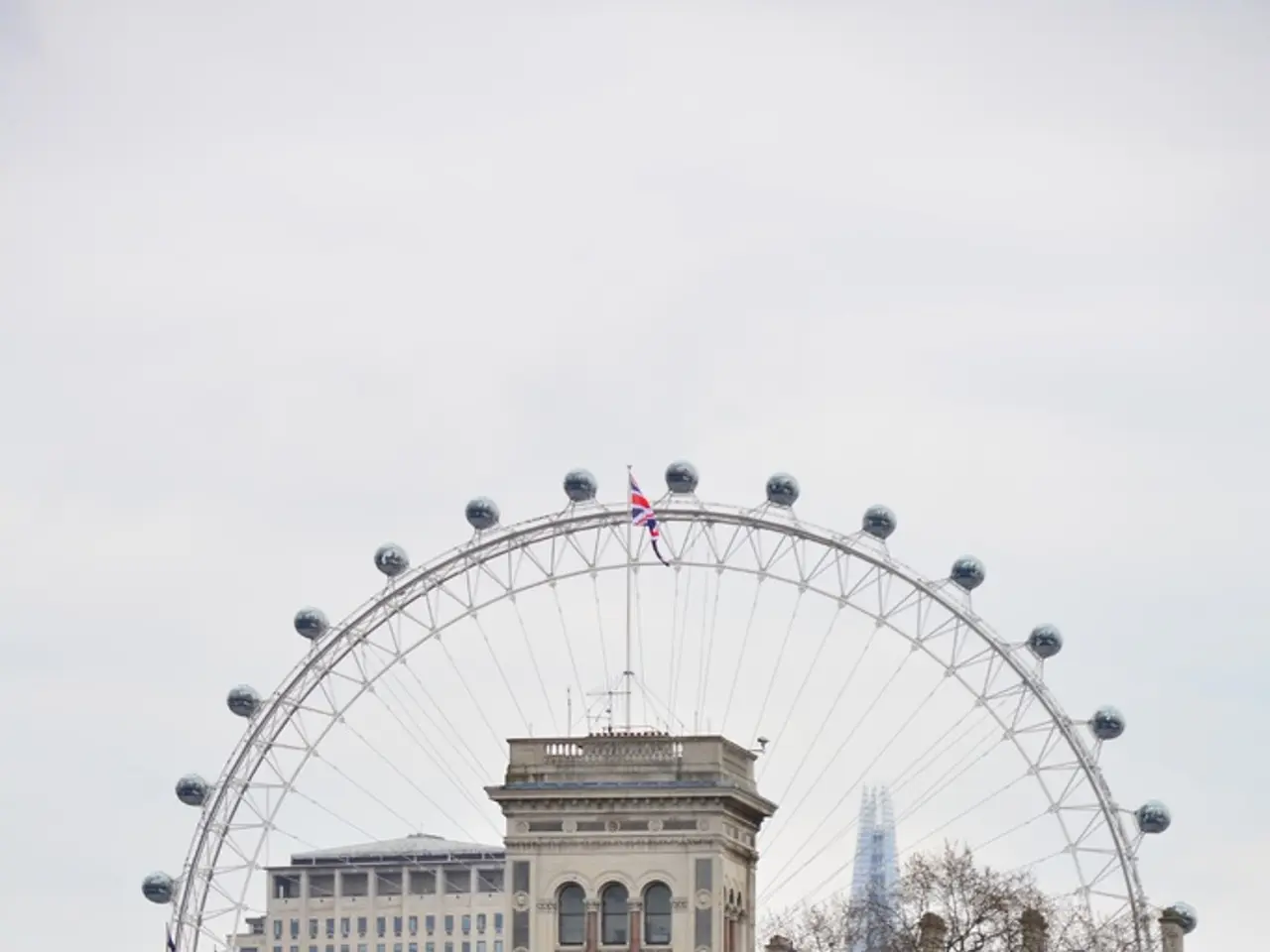Trump obtains court approval to mobilize the National Guard
In a controversial move, President Donald Trump managed to maintain control over the deployment of National Guard troops in Los Angeles, California, to address protests against his immigration policy - defying the state's authorities.
The three judges at the San Francisco court, in a unanimous 38-page ruling, acknowledged that Trump's authority to call up the National Guard is not limited, even if he didn't order federalization directly through the governor, referring to the legal right enjoyed by presidents to mobilize troops.
Some 4,000 National Guard members were mobilized for a duration of 60 days to "protect federal officials" and federal buildings, according to the court's ruling. The president lauded the decision, deeming it a "BIG WIN" on his Truth Social network.
California Governor Gavin Newsom had previously challenged the deployment, having a federal judge rule the president's order to be unlawful, ordering control to be returned to the Democratic governor. Newsom responded by stating, "He is not a monarch, he is not a king, and he should stop acting like one."
This deployment marks the first time the National Guard has been deployed without the consent of the state's governor since 1965 in the United States. A wave of arrests of undocumented immigrants by the federal immigration police (ICE) sparked violent protests in Los Angeles, leading to the need for increased security measures.
Despite the legal implications that revolve around the balance of power between federal authority and state control, judicial review of presidential military decisions, and compliance with laws regulating military involvement in domestic affairs, the courts are leaning towards granting the president "extreme deference" in national security decisions involving military deployment.
In this intricate game of power, it remains to be seen how the courts will further address the legality of the National Guard deployment and the boundaries surrounding the exercise of presidential authority. Politics and tension persist as the situation unfolds, with a nation waiting for clarity on the limits of executive power and the role of judicial oversight in maintaining the delicate balance.
The political landscape is fraught with tension as the legal controversy over President Donald Trump's deployment of National Guard troops in Los Angeles, in response to protests against his immigration policy, continues. Despite California Governor Gavin Newsom's challenge, courts are increasingly granting the president "extreme deference" in national security decisions related to military deployment, particularly in the context of war-and-conflicts, policy-and-legislation, and general-news.






